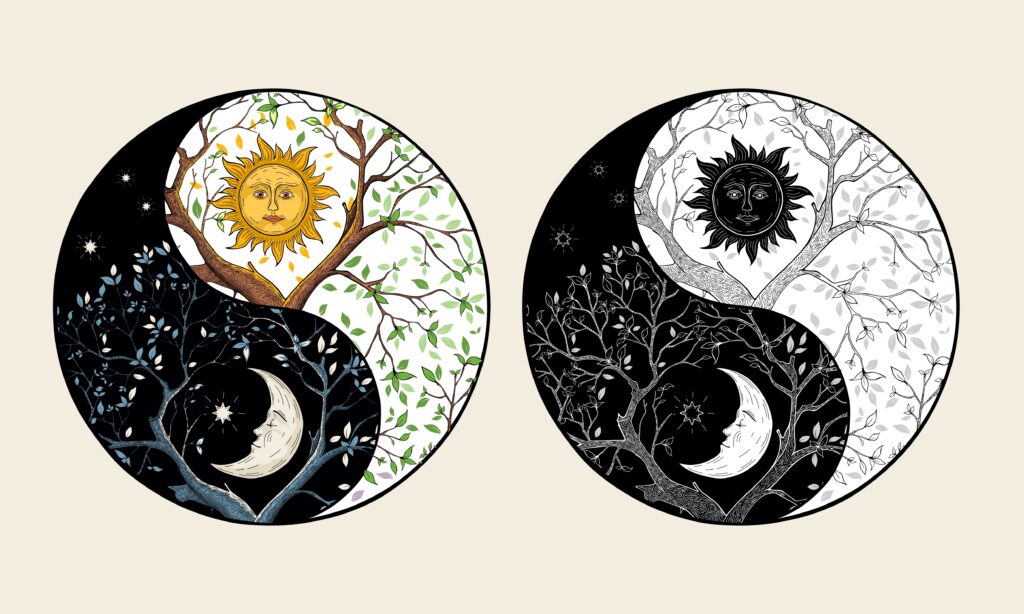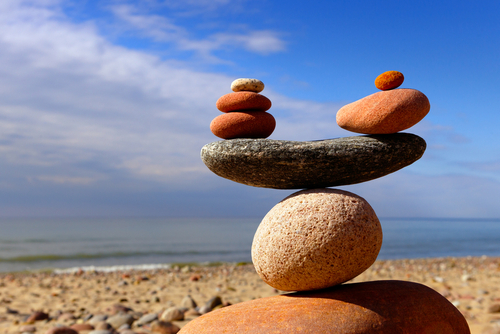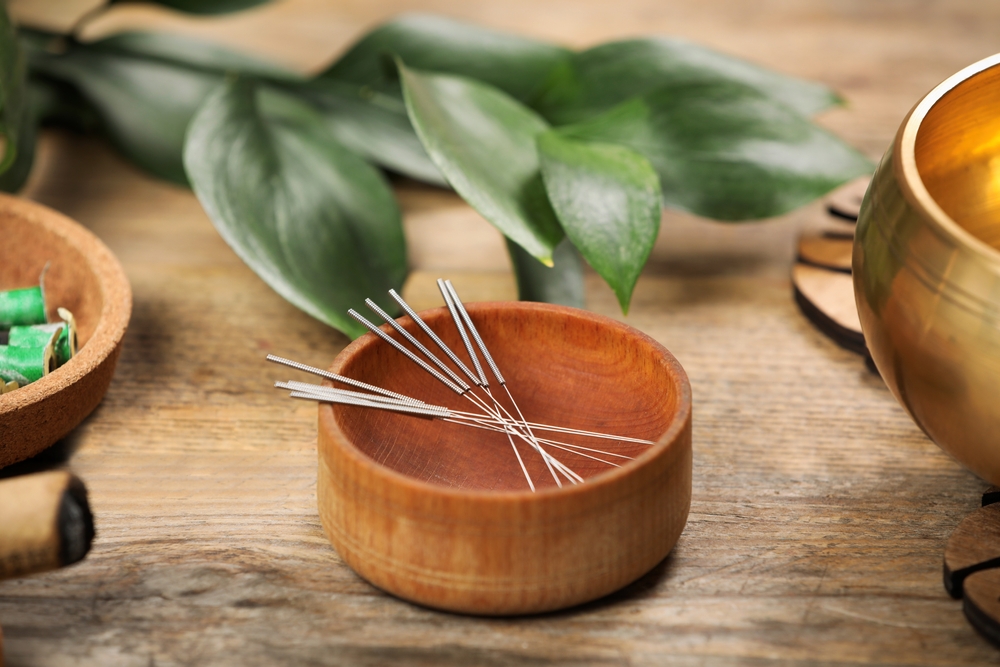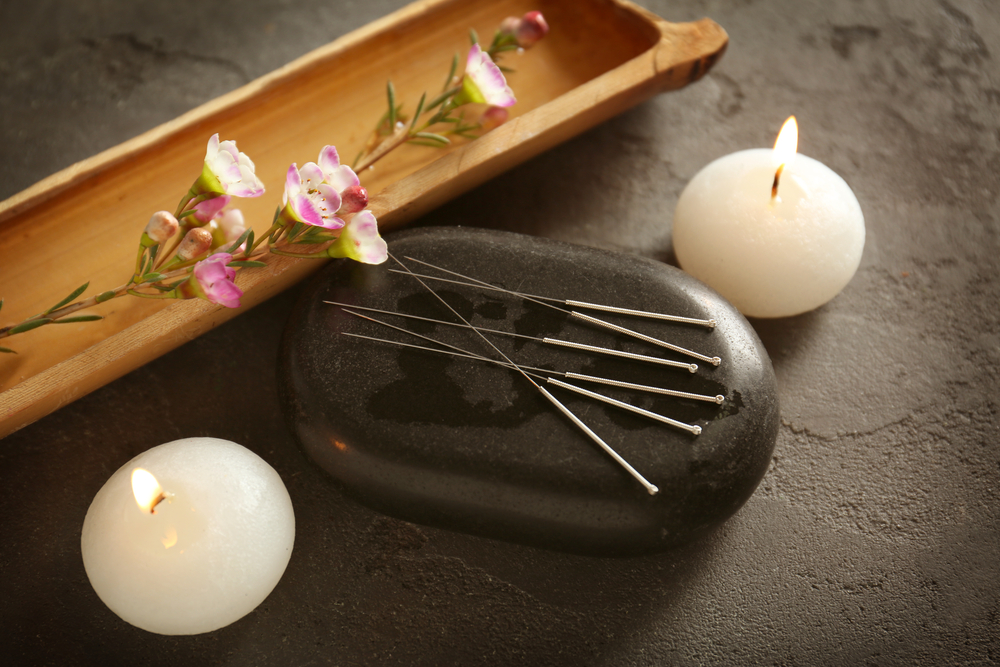What is stress?
Stress can be defined as “a state of mental or emotional strain or tension resulting from adverse or very demanding circumstances”. Stress can be acute or chronic, and the stressors can be positive or negative. Let’s break things down a little more to understand the impact of stress on our bodies.

Good Stress
Stressors themselves are not always negative- even terrific and exciting events can be stressful. Planning a party or a wedding, graduating, taking a new job, starting a new relationship- these are all welcome experiences, filled with promise, but they come with demands on our time and attention. Priorities shift. Emotions may run high. Schedule changes may interfere with sleep and eating habits. Our familiar routines are disrupted, our homeostasis disturbed, and we find ourselves off-balance.

Bad stress
Our lives often seem overloaded with negative stressors. Demands on our time, financial strain, family strife, and problems in the workplace can all lead to anxiety and worry over the unknown. Unexpected events, like injury, illness, or an accident, seem to come along at the worst times, and can really strain a system that is already unbalanced.
People react differently to stress. Some of us lose our appetite; some overeat. Some people feel overly tired, other agitated and irritable. Headaches, tension in the neck and shoulders, and GI distress are all common issues brought on or exacerbated by stress.
How our nervous system works
Our Autonomic Nervous System (ANS) regulates the unconscious functions of the body like heart rate, blood pressure, and digestion. There are two sides to the ANS, the sympathetic (SNS) or “activating” side, and the parasympathetic (PNS) or “regenerating” side.
The PNS has been characterized as the “rest, nest, and digest” state. That summarizes its activity nicely: blood flows through our core, perfusing vital organs, helping us digest our food and absorb nutrients efficiently. The PNS promote relaxation and sleep, so our bodies can focus on restorative activities.
The sympathetic side (SNS) is responsible for the body’s highly developed stress response system. When triggered, the SNS sends stimulating hormones into the bloodstream to kick up our heart rates, increase blood sugar, and heighten our alertness. Our senses are sharpened to help us interpret signals and choose right action. We are energized, on alert, prepared to face danger or flee from it.
Clearly, we need both of these to function well. The problem is, life today has become overly stimulating, leaving many of us in a sympathetically dominant state. The “work week” often extends well beyond 40 hours. We are multi-tasking though our days, working through lunch, eating in the car, taking work home. We are unable to look away from our phones as texts and emails roll in, 24 hours a day.

What happens when the nervous system is out of balance?
The body was not designed for a state of perpetual arousal. Remaining in a sympathetically-driven state drains the body’s resources. Without periods of recovery, our buffers are eroded; we lose our resilience. We become brittle; we react (or over-react) to situations, rather than responding.
We can also develop health problems. Chronic stress is linked to six leading causes of death including heart disease, cancer, lung ailments, accidents, cirrhosis of the liver and suicide, according to the American Psychological Association.
How does acupuncture help with stress?

1. Traditional Chinese Medicine theory on stress
According to the principles of Traditional Chinese Medicine, the Kidney houses our Source, or “Original Qi”. This is the energy we are born with, our vitality, our Essence. It is created and given to us by our parents, its quantity and character fixed at the time of conception. From the moment of birth, we are dependent on the food and air we take in to replenish our energy or we become in danger of depleting our Source Qi .
In TCM theory, each meridian/organ system is associated with an element. The Kidney is unique in that, while the Kidney itself is Water, its function is fueled by Fire. It acts as big steam kettle, its steam rising up through the body to capture the energy of the food and air we take in. This is converted it into a mist that rains down over the body to provide nourishment and restore the water in the kettle.
This is a beautiful visual to contemplate, highlighting the reciprocal relationship of the various organ systems (in this case, Kidney, Lung, and Spleen). A diet of non-nutritious food, failing to take the time to chew properly, racing through meals, caffeine-fueled days, and inadequate rest can lead to the Kidney being under-supported. The water in the kettle can get dangerously low, energy cannot be replenished, and we run the risk of depleting our Source energy.
An acupuncture treatment helps to re-balance the flow of energy in the body, supporting organs that are in a state of deficiency and off-loading those in excess. It promotes a state of deep relaxation that is healing and nurturing to the body. Restoring the Kidney to balance “refills the tank”, so to speak, and repletes our resilience.

2. Acupuncture balances the autonomic nervous system
An acupuncture treatment can help bring the ANS back into balance. When you think about it, our baseline state of being reflects our energetic state: are we keyed up, restless, primed for action, or are we settled, calm, and peaceful?
The Traditional Chinese Medicine (TCM) model is all about energy. The meridians are channels through which energy flows, supporting the various organ systems. There are mechanisms in place to boost energy where it is deficient and offload areas in excess. An acupuncture treatment helps restore the body’s natural tendency toward harmony by promoting balanced flow of energy throughout the body.
3. Acupuncture releases our natural “feel good” substances
The effects of acupuncture have been studied, and it is known that acupuncture promotes the release of the several important transmitters in the body. Endorphins are natural, morphine-like transmitters that serve to alleviate pain. They also promote relaxation and a sense of well-being. Acupuncture is known to work, at least in part, through the release of endorphins.
Acupuncture has also been shown to promote release of serotonin, another important chemical involved in how the ANS regulates the body. Serotonin levels influence mood, digestion, and sleep-wake cycles.

4. Acupuncture relieves muscle tension
As we said, the sympathetic drive that occurs with stress primes the muscles for action, keeping them tense. Research has demonstrated that acupuncture needles work directly on the fascia, or connective tissue surrounding the muscles, to relax these areas and promote perfusion.
The ANS is reciprocal, meaning that the nerves not only send messages to the body, they also carry information back to the brain. Relaxing the muscles sends an “all is well” signal to the brain, promoting a state of calm.
5. Acupuncture promotes wellness
Acupuncture was originally intended for prevention, not treatment, of illness. Stress has a negative impact on our immune system. An acupuncture treatment, by bringing our energetic selves back into balance, can buff up defenses and keep us functioning at our best.

6. Acupuncture is self-care
Most of us have very full plates and as a result are constantly juggling several balls in the air. This promotes the perpetual arousal and the stress state. We lose connection with our own needs, our breath.
Carving time out for an acupuncture treatment is a way to dial it all down, re-set, and re-balance. At Acupuncture Energetics we take pride in providing treatments in a spa-like setting, with flannel sheets, heated mattress pads, soft music, and gentle lighting to foster a sense of serenity and tranquility.

